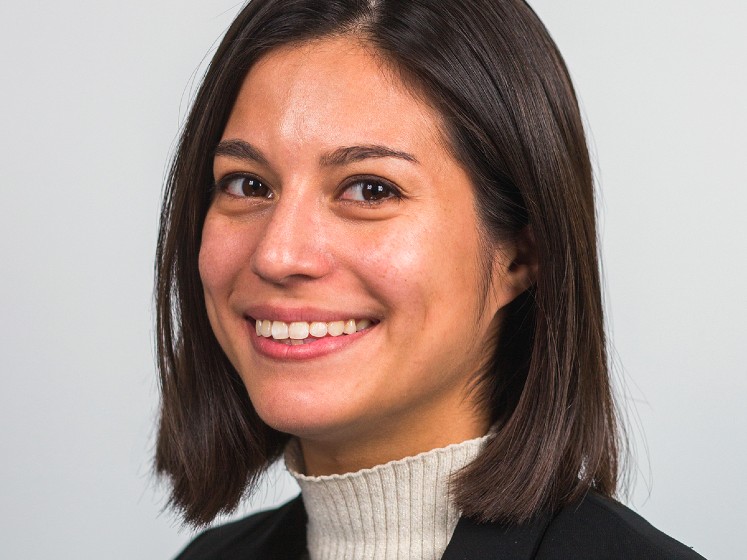 Camille Bou
Camille Bou
What are you currently researching?
My research uses quantitative and qualitative approaches to explore how household context shapes how young informal carers use their time and how it effects their subjective wellbeing and expectations of attainment in education, employment and training.
Young informal carers are young people below the ages of 24 who provide unpaid care or help to family members with a disability, illness, mental health condition, or drug or alcohol problem.
What attracted you to this area of research?
It’s an interesting area of research as the decision to provide informal care presents trade-offs between doing what’s best for the family and what’s best for the carer. However, it’s important to understand how much choice there actually is in the decision to provide care.
It is equally important to note that deciding to care for a family member should not be a trade-off between that relative being worse off vs. the carer being worse off because they had to forfeit critical personal opportunities (e.g., personal care, employment, etc.).
For young informal carers, the care they provide occurs at key developmental stages in their lives (childhood, adolescence, young adulthood). It has been shown that they have lowered outcomes in mental and physical health, education, employment (and other areas of life) compared to people of the same age who are not carers. Therefore, it’s crucial to support them so they don’t fall into excessive caring which could have long-term negative impacts on their lives.
How will your research have a wider impact on society? Can you give some real-world examples of the impact your research will have?
As I was building my project in my first year, I connected with young informal carer advocates to learn more about their experiences, and what they wanted was personalised support so they could reconcile their caring with the pursuit of personal opportunities – not to stop caring altogether.
I felt this conflicted with academic literature, which advocated more for the latter. I realised that young informal carer literature had focused on the impact of carer status on life outcomes, but it had not attempted to investigate the importance of household context in shaping those outcomes – what makes young informal carers different from one another in their outcomes?
Conducting my project on this topic is a way to make sense of these different messages and provide suggestions for the improvement of policies aimed at supporting young informal carers. For instance, young informal carers can only receive Carers Allowance if they are 16 and over, and caring for at least 35 hours per week, but they are not eligible if they are full-time students or earning more than £128 net per week. I believe that’s an incoherent policy, given that young informal carers are also likely to want to pursue education, and potentially employment to earn income..
What have been the highlights of your research work so far?
Definitely the connections I have built with young informal carers and leaders in the field (advocates, charities, academics, support workers) - so many smart, hardworking people who do amazing work to improve support for young carers.
What has been your biggest challenge so far?
The quantitative analysis! In addition to learning new unfamiliar methods, I’ve struggled to find the right dataset, with the right number of young carers within the dataset enabling me to make statistically meaningful findings.
You have taken part in an Early-Stage Researchers course at Bocconi University as part of the CIVICA programme. Can you tell us a bit more about this experience and what it involved?
Absolutely – I have actually written a blog about this here. LSE has a multitude of great professional opportunities for PhD students and the CIVICA partnership is one of them.
Through CIVICA, LSE students can take courses, attend conferences and seminars, and publish research for journals with faculty and students of the CIVICA partners across Europe.
I browsed through their course catalogue and was lucky to find one offered by Bocconi University that was related to my topic, so I applied to attend as an auditor and was able to gain knowledge from another leading institution and faculty.